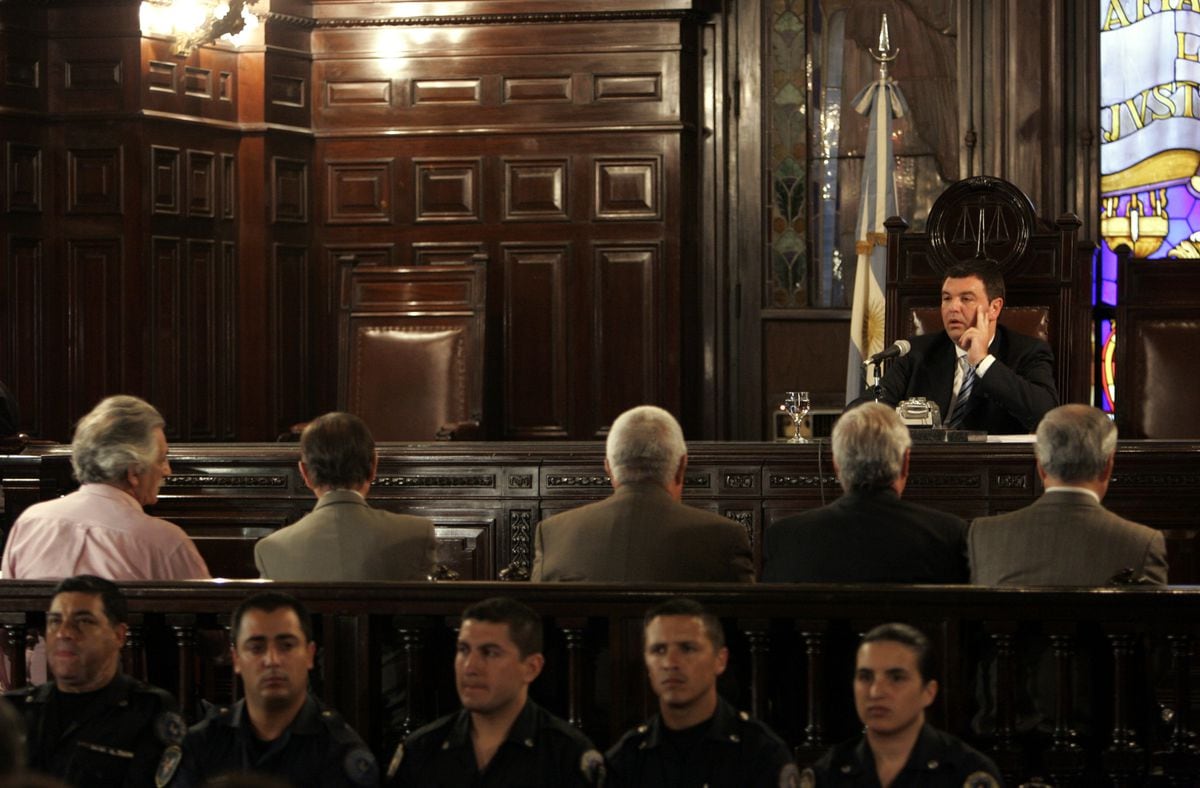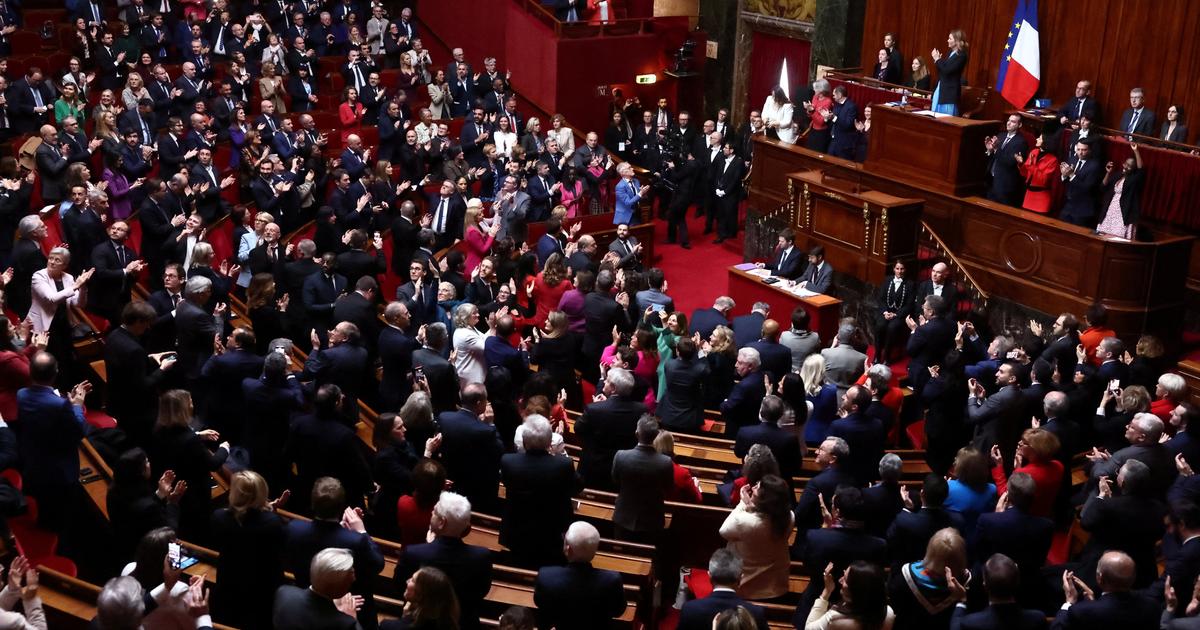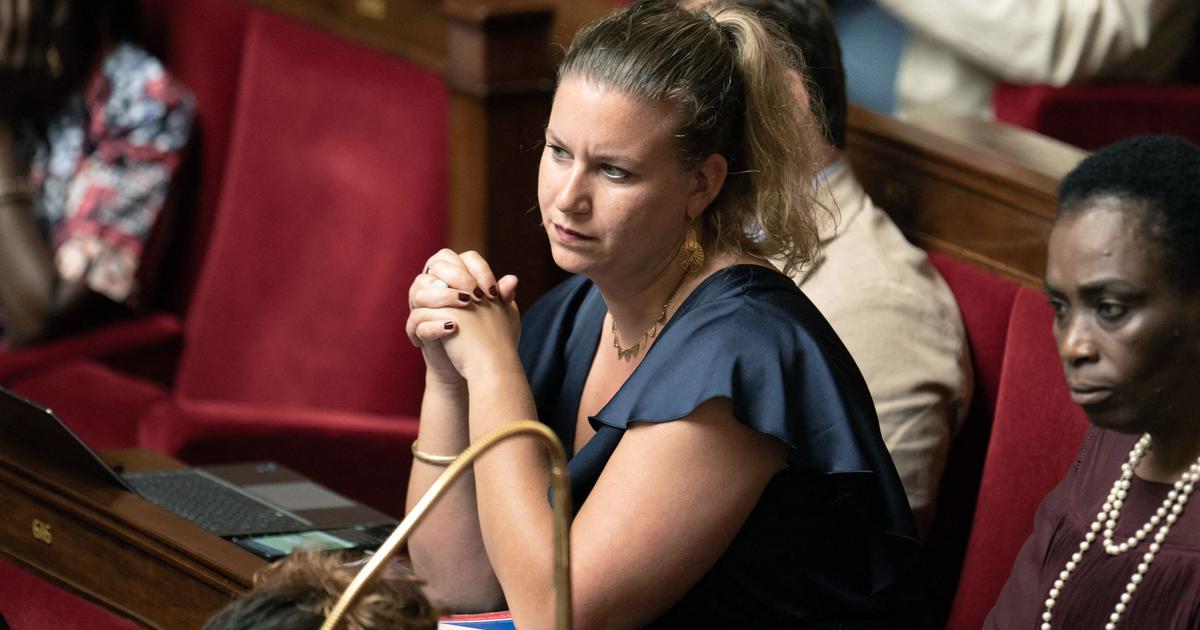The Constitutional Court has rejected this Tuesday that the magistrate of the conservative sector Concepción Espejel refrain from taking part in the deliberation of the sentence on the abortion law, considering that there are no plausible reasons for it because it has been 12 years since she ruled critically about that law.
The Constitutional Court will also reject this Wednesday the challenges presented against three other magistrates and will address the deliberation on the paper prepared by the rapporteur of the sentence, Enrique Arnaldo, also from the conservative bloc.
The progressive majority is determined to support the abortion law in its entirety, which in all probability will mean that the draft ruling prepared by Arnaldo will not be approved, and its possible substitution in the preparation of the final sentence.
In essence,
As a prologue to the debate on Arnaldo's draft sentence, the court wanted to first address the abstention of judge Concepción Espejel, challenged by five former PP deputies, who raised the same initiative with respect to the president of the court, Cándido Conde-Pumpido and against Judges Juan Carlos Campo and Inmaculada Montalbán, who have decided not to abstain.
Their decision derives from the fact that they consider that, as in the previous case, there are no reasons to remain outside the resolution of the appeal presented by the PP in 2010, while at the same time they appreciate in the objections formulated the eventual purpose of leaving the court without a quorum. to issue a sentence, an objective that the guarantee body has rejected outright when it believed it had detected it on other occasions.
Yesterday, the Constitutional plenary held an intense debate on the abstention of Espejel, who had shown his interest in staying out of the ruling on the abortion law, mainly due to the fact that he had expressed critical opinions on said legislation in a preliminary phase of its elaboration. .
His criteria was supported by the other three magistrates from the conservative sector of the court, Enrique Arnaldo —in charge of the draft sentence on this matter—, César Tolosa and Ricardo Enríquez.
The seven members of the progressive group, on the other hand, agreed that in the face of challenges that were considered unfounded, no facilities should be given, even if they were directed against a member of the court willing to abstain, as was the case in Espejel's case.
The reasons given for rejecting this abstention cover a wide range of considerations.
The court considered that the object of the unconstitutionality appeal on which the plenary session must deliberate "does not coincide with the draft law on which the failed report of the General Council of the Judiciary was obtained."
The resolution qualifies it as failed, because there was never an official version that was approved and sent to the Government.
It is also highlighted that "the request for recusal is linked to the externalization of a legal criterion that was expressed more than 12 years ago."
It is added that the existence of opinions given in the past "is common, since the magistrates of the Constitutional Court are chosen from among jurists of recognized prestige with more than fifteen years of professional practice."
The court emphasizes that this type of background "does not disqualify them (its components) from exercising their function in this type of constitutional process."
And it is also underlined that "the abstention has been presented in a process of abstract control of the constitutionality of the law, which is not a process of parties in which private interests are ventilated."
In parallel, the court approved the abstention of magistrate Juan Carlos Campo in relation to seven matters, because they are processes that question decisions of his current partner, the president of Congress, Meritxell Batet, or matters in which he intervened as minister of Justice.
The abstention of Judge Laura Díez was also accepted in relation to the claim for the use of 25% of Spanish in the Catalan educational system, in this case because she intervened in the reports of the Consell de Garanties Estatutàries of the Generalitat that defended that the Constitution does not set that percentage.
The court admitted Vox's appeal against the Democratic Memory law.
Subscribe to continue reading
Read without limits
Keep reading
I'm already a subscriber


/cloudfront-eu-central-1.images.arcpublishing.com/prisa/OCS7V4Q6YKB6UMI76BXPPNGQJE.jpg)






